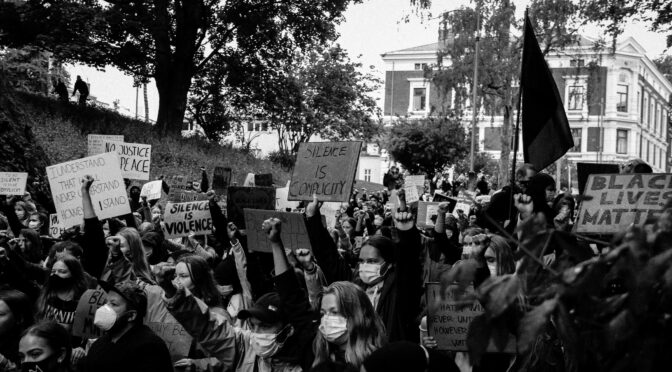The “Voice from Below” – In the Face of Repression and Arbitrary State Violence
This PhD Students Workshop is organized within the cooperation agreement signed by EHESS, CEFRES, Charles University and the Czech Academy of Sciences.
Date: 22 November, 2024
Location: CEFRES, Na Florenci 3, Prague 1 (and online)
Deadline for application submissions: 30 September, 2024
Deadline for paper submissions: 8 November, 2024
Language of the workshop: English
When we talk about the forms of resistance and protest that developed in the face of the authoritarian system we are primarily concerned with demonstrations that were quickly and brutally interrupted, acts of desperation such as immolation by fire, or the development of clandestine publications, copied and passed from hand to hand. This is the case for example in the USSR and the countries under its domination, but also in any other authoritarian state, While much research today has renewed the study of these actions, particularly what is referred to as dissidence, there remain many more individual forms of action which, without being an explicit confrontation with the authorities, can be likened to protests, profound questioning of the foundations of the system, attempts to extricate oneself from a repressive process felt to be unjust or expressing unacceptable forms of political violence.
This PhD workshop will be devoted to highlighting and studying the “voice from below”, in a context of massive repression and mass violence. By “voice from below” we mean the personal written expression of those who are the object of political repression and political violence or who reject the constraints of the system, or the system itself. First and foremost, we will refer to the sources that make it possible to “hear this voice”. These may include:
- Diaries, which tell of rejection or help preserve bonds of solidarity to protect oneself from various forms of violence;
- intercepted correspondence that expresses these forms of opposition and rejection more or less directly, and enables people to unite around such an expression, without it being expressed outside a narrow circle;
- less “natural” sources to “hear these voices”, often perceived as stereotyped, such as petitions, usually in the form of individual letters, sometimes in the form of collective petitions, sent to authorities at various levels;
- much more indirect sources, such as simple administrative forms filled in by civil servants responsible for completing them in the presence of the victims of such violence, equally difficult to treat as the “natural” or “spontaneous” expression of the people concerned are police interrogations and trial minutes.
The participants of the workshop are invited to reflect on the various sources from which these expressions of protest or resistance are expressed, and the forms of writing that enable us to perceive, directly or indirectly, the individual reaction to oppression that is not direct confrontation. We also hope that this will enable us to highlight what is specific to authoritarian systems practicing various forms of political violence, as well as those forms that hard back to long-standing practices in different societies.
This workshop aims to bring together PhD (exceptionally also advanced MA) students around the theme of political participation understood broadly. It invites the participants to reflect on how their knowledge situated within “area studies” (including Central Europe, the Middle East, the Americas…) speaks to theories and concepts of the disciplines they mobilize. We welcome:
- proposals from historians as well as social scientists working on contemporary authoritarian states;
- dealing with various political spaces, as well as various periods, essentially the 19th, 20th and 21st centuries, although this does not exclude earlier periods;
- papers on democratic political systems, in which forms of writing may respond to arbitrary constraints will also be considered, as this would better highlight what may be specific among populations subjected to the political violence of authoritarian systems.
Eligibility
PhD students (and advanced MA students) in humanities and social sciences affiliated with CEFRES, EHESS, any university in the Czech Republic or based in Central and Eastern Europe understood broadly are invited to apply.
Application details
- You shall send a single PDF file titled “NAME_Cefres_2024” containing a CV (maximum two pages) and a brief description of the planned intervention (approximately 1.500 characters, including spaces).
- The workshop will take place in person in Prague, but online participation will be possible.
- The language of the workshop is English. Papers will be discussed by invited scholars.
Please send your application on September 30th, 2024 at the latest, to the following addresses: alain.blum@ehess.fr, claire.madl@cefres.cz, falk.bretschneider@ehess.fr.
The deadline for submission of the final papers will be November 8th, 2024.
More information: alain.blum@ehess.fr or claire.madl@cefres.cz

